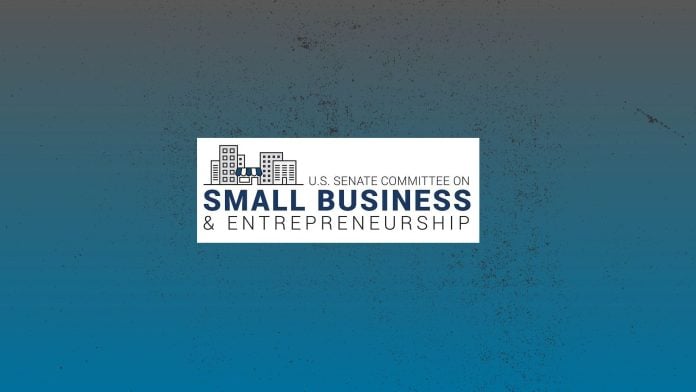Senator Joni Ernst, chair of the Senate Small Business and Entrepreneurship Committee, is sounding the alarm on the vulnerabilities American small businesses face from foreign espionage, particularly from China. At a recent hearing, Ernst highlighted the findings of a new report revealing how critical technologies within the United States are at risk of being exploited by adversaries, prompting her call for swift legislative action.
Central to Ernst’s concerns is the need for Congress to pass the INNOVATE Act, aimed at bolstering protections for American innovation while streamlining access to essential funding sources like the Small Business Innovation Research (SBIR) and Small Business Technology Transfer (STTR) programs. She emphasized the significance of these initiatives by stating, “We cannot afford to keep investing taxpayer dollars to develop and deploy our best homegrown technologies, while failing to safeguard them against theft by our adversaries.”
Key Benefits of the INNOVATE Act include increased funding efficiency for small businesses and a heightened focus on safeguarding taxpayer-funded intellectual property. By cutting red tape and ensuring that support reaches only bona fide small enterprises, this legislative effort aims to strengthen the resilience of American firms against international threats. Ernst remarked, “It’s just common sense” to implement more rigorous vetting processes for applicants to these critical funding programs.
For small business owners, the potential implications of the INNOVATE Act are profound. Many in the startup ecosystem rely on these programs for financial lifelines, and a more streamlined application process could mean quicker access to necessary resources. Additionally, the emphasis on safeguarding innovation can provide a more secure environment in which businesses can thrive without the looming threat of foreign interference.
This proactive approach addresses not only the immediate risks but also the long-term stability of the American economy. Ernst noted that intellectual property theft by China is estimated to cost the U.S. economy between $225 billion and $600 billion per year, a staggering figure that underscores the importance of securing American innovations. “America has left its door wide open, effectively inviting our adversaries to take advantage," she stated, emphasizing the urgency of protective measures.
However, the INNOVATE Act does not come without potential challenges. Ernst’s own report indicated that 64% of applications flagged for foreign risk were still eligible for funding, showcasing lapses in the current system that may need rectifying. For small business owners, these findings highlight the need to navigate a complex landscape that could complicate their access to funding if due diligence processes become overly stringent. Adapting to new regulations and compliance measures may require additional resources, which could strain smaller firms already operating on tight budgets.
Furthermore, the increased scrutiny could lead to potential delays in funding approval as agencies implement stricter vetting protocols. Small business owners must weigh the benefits of enhanced security against the potential for slower access to much-needed capital.
In her remarks, Ernst aptly underlined the capital needed for innovation, saying, “If we want any shot at preserving America’s leadership and warfighting capabilities, we have to lock down our innovation pipeline.” With small businesses being the heartbeat of the American economy, their ability to innovate and operate without fear of espionage remains crucial.
As Congress deliberates on the INNOVATE Act, small business owners should stay informed about the implications of these legislative changes. Engaging actively in discussions surrounding these policies and advocating for practical measures that protect both innovation and accessibility will ensure that the unique needs of small enterprises are acknowledged and addressed.
For further insights into Senator Ernst’s complete remarks and additional details on the report, visit the original press release here.
Image Via BizSugar



